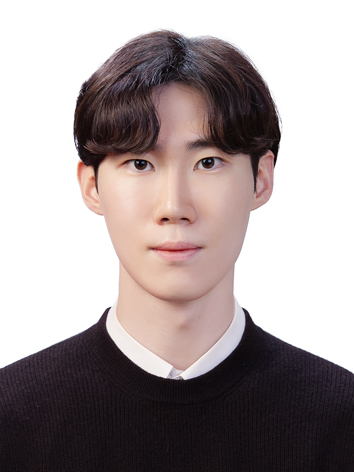Oxford hosts inaugural Korean literature festival with actor-writer Cha In-pyo
By Moon Ki-hoonPublished : July 1, 2024 - 17:45

The University of Oxford's Faculty of Asian and Middle Eastern Studies hosted its first annual Korean Literature Night on Friday, featuring Cha In-pyo, an accomplished actor and novelist, as a special guest.
Held at the Ioannou Centre for Classical & Byzantine Studies, the event opened with Cha presenting his 2009 novel "Once We Look at the Same Star," which addresses the issue of sex slavery in the Japanese military during World War II. Korean linguistics professor Jieun Kiaer from the Faculty of Asian and Middle Eastern Studies moderated the discussion that followed, exploring the book's themes, Cha's literary vision and his hope for future generations.
"It is meaningful to be hosting such an event at Oxford, the leading institution of the humanities in a country with a rich literary history," said Sun Seung-hye, director of the Korea Cultural Center UK, the event's co-sponsor along with the National Library of Korea.
Cha's novel offers a poignant depiction of Korea's modern history, focusing on themes of forgiveness and reconciliation. Inspired by the true story of Hun, a "comfort woman" -- as the sex slaves are euphemistically called -- displaced to Cambodia, Cha said his perspective evolved from initial anger to a more nuanced vision for the future. He now emphasizes the importance of empathy in narrating this history, viewing it as key to healing for generations to come.
Cha, 57, who boasts an illustrious acting career since his debut in 1994, is also active in philanthropy and writing. Known for his activism and volunteer work, he is a writer of three published novels.
His debut, "Once We Look at the Same Star," was first released in 2009 and reissued under its current title in 2021. Set in the 1930s during Japan's colonial occupation of Korea, the novel follows the story of Suni, a girl from a rural village forced into sexual slavery for the Japanese military, and the people around her who resist Japanese occupation. The novel is currently being translated into English, German and French.








![[Herald Interview] How Gopizza got big in India](http://res.heraldm.com/phpwas/restmb_idxmake.php?idx=644&simg=/content/image/2024/11/20/20241120050057_0.jpg&u=20241120164556)

![[KH Explains] Dissecting Hyundai Motor's lobbying in US](http://res.heraldm.com/phpwas/restmb_idxmake.php?idx=644&simg=/content/image/2024/11/20/20241120050034_0.jpg&u=)







![[Today’s K-pop] Blackpink’s Jennie, Lisa invited to Coachella as solo acts](http://res.heraldm.com/phpwas/restmb_idxmake.php?idx=642&simg=/content/image/2024/11/21/20241121050099_0.jpg&u=20241121172748)